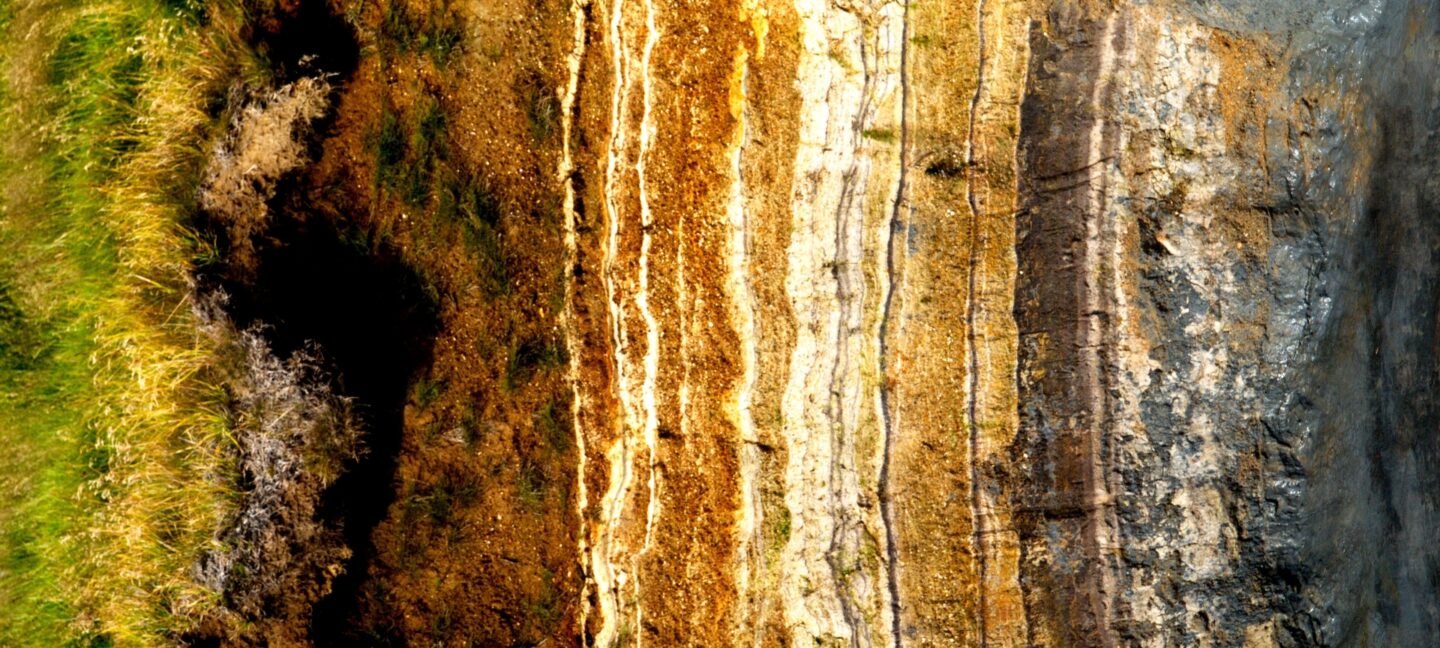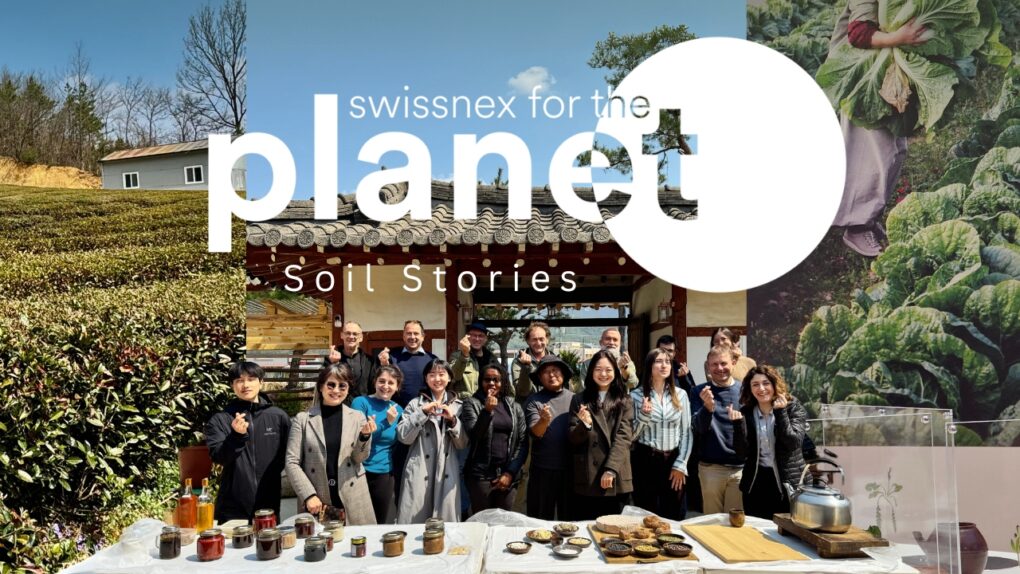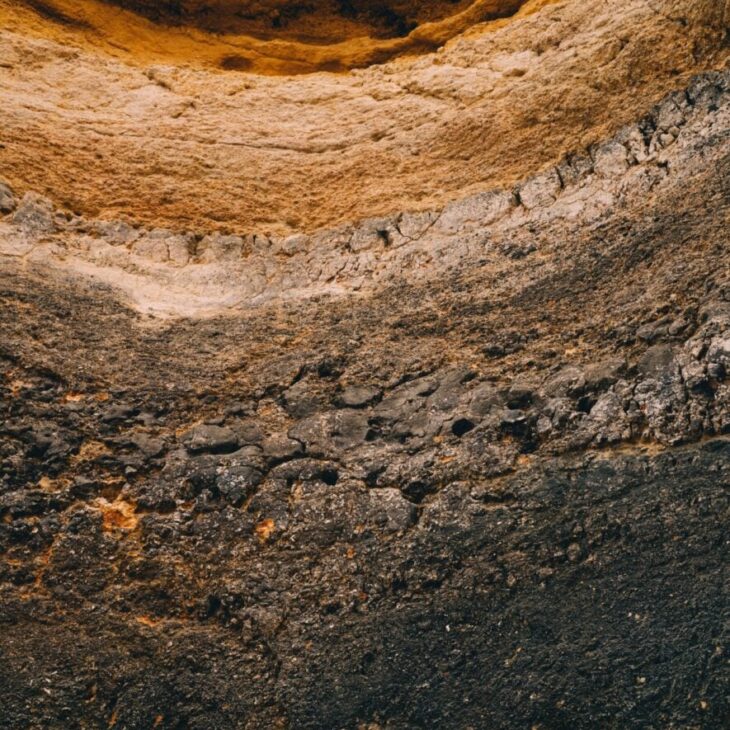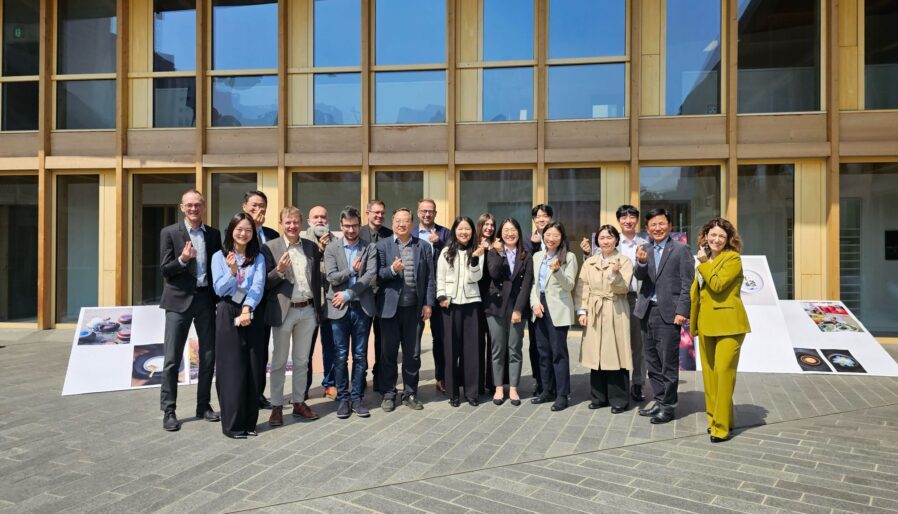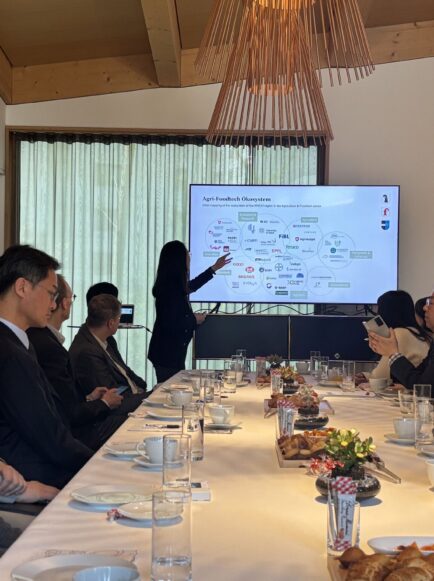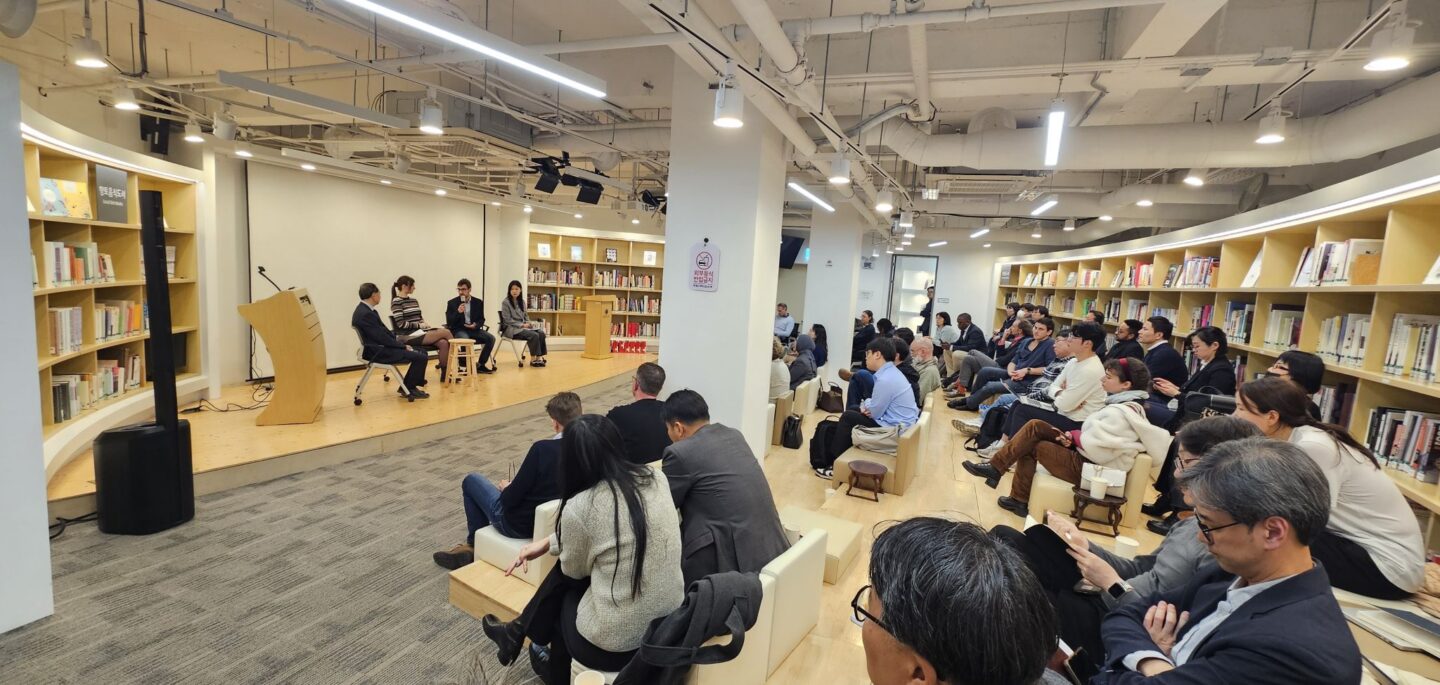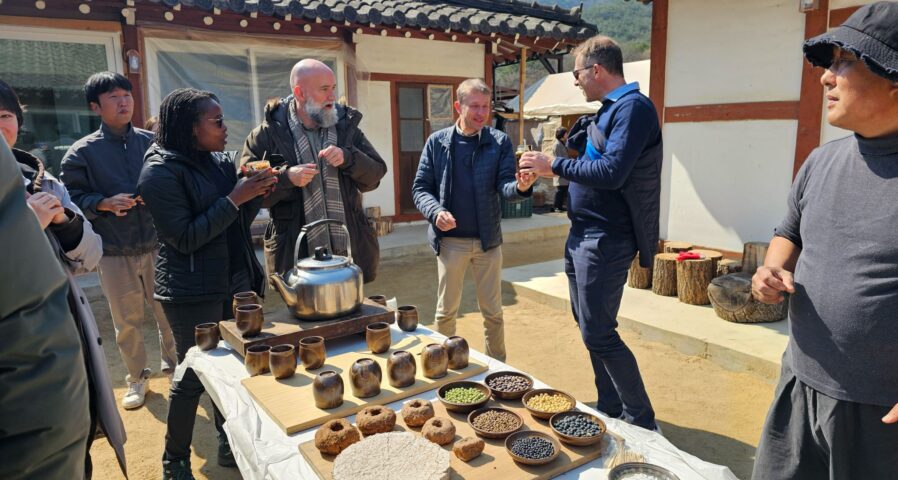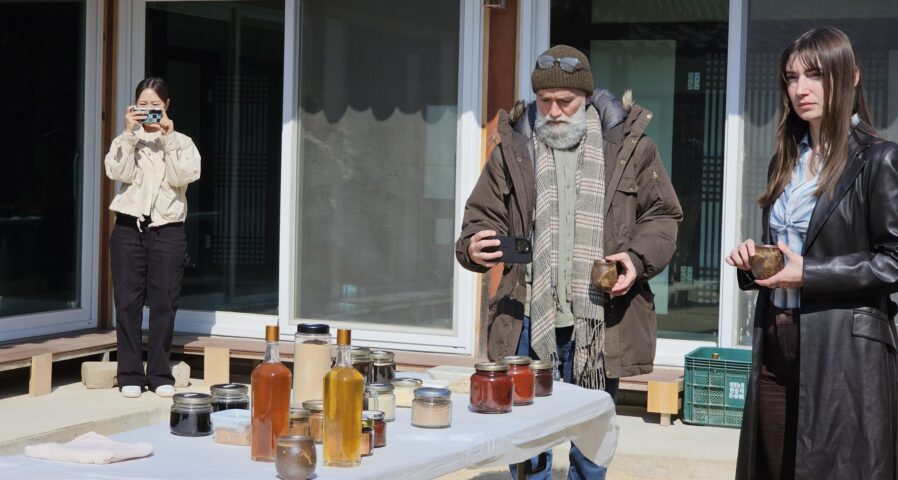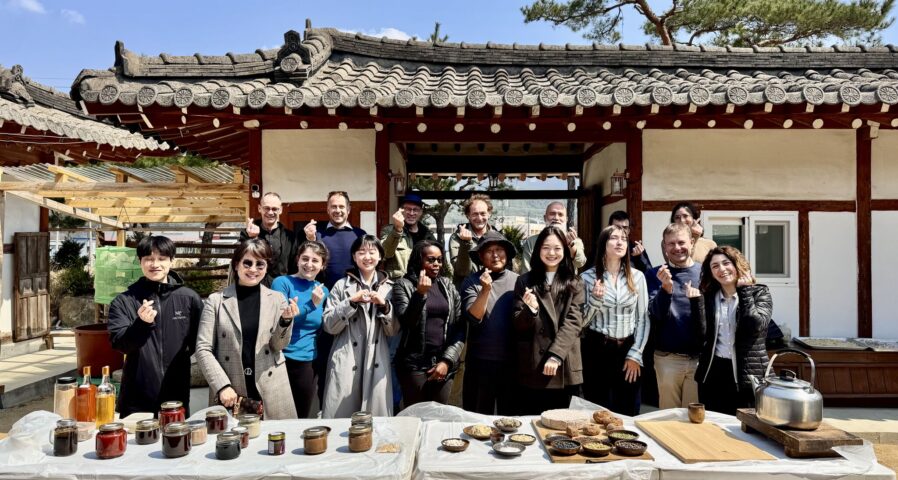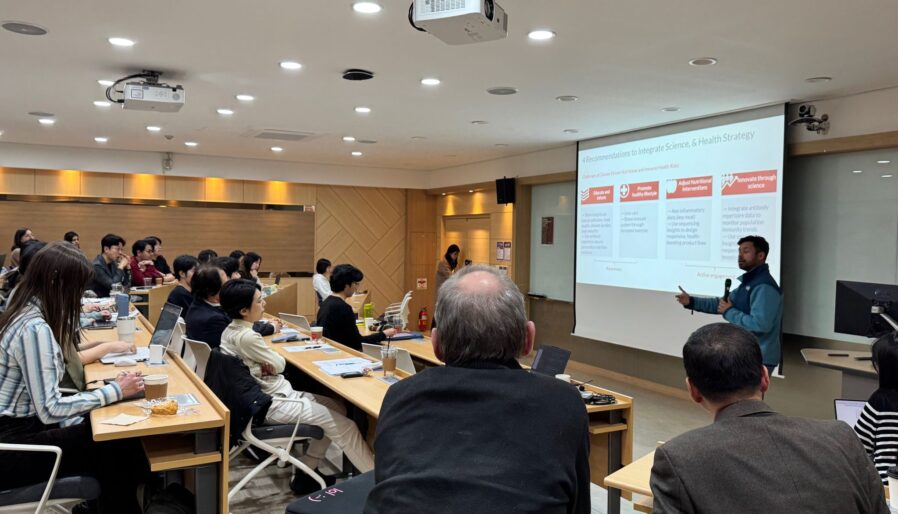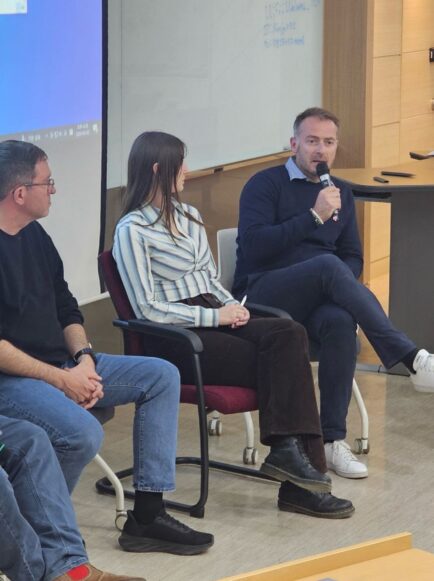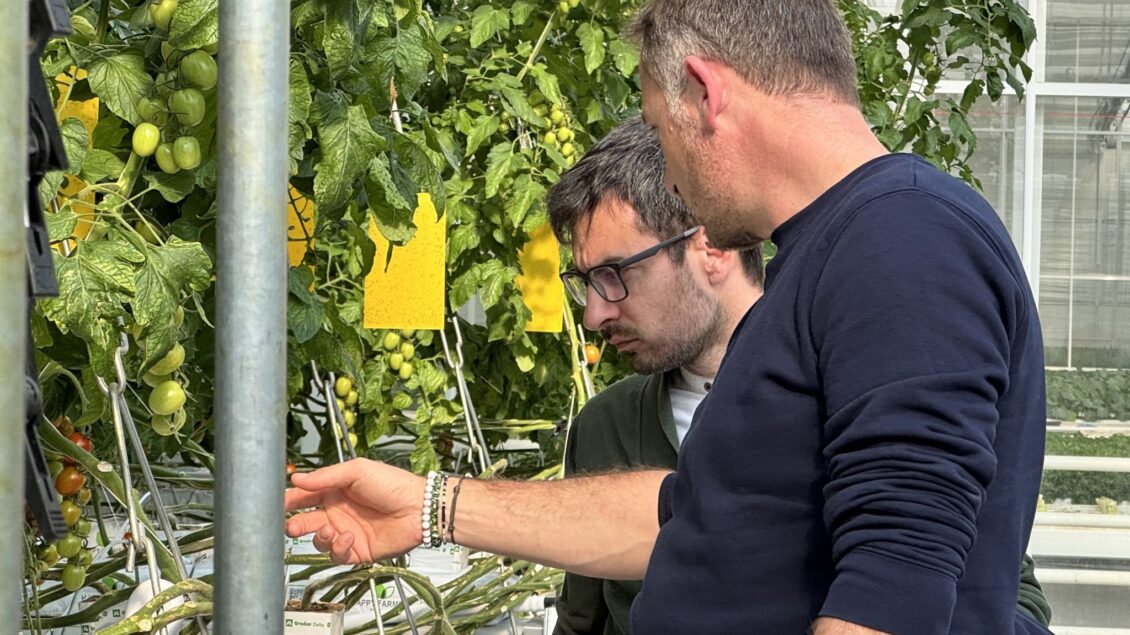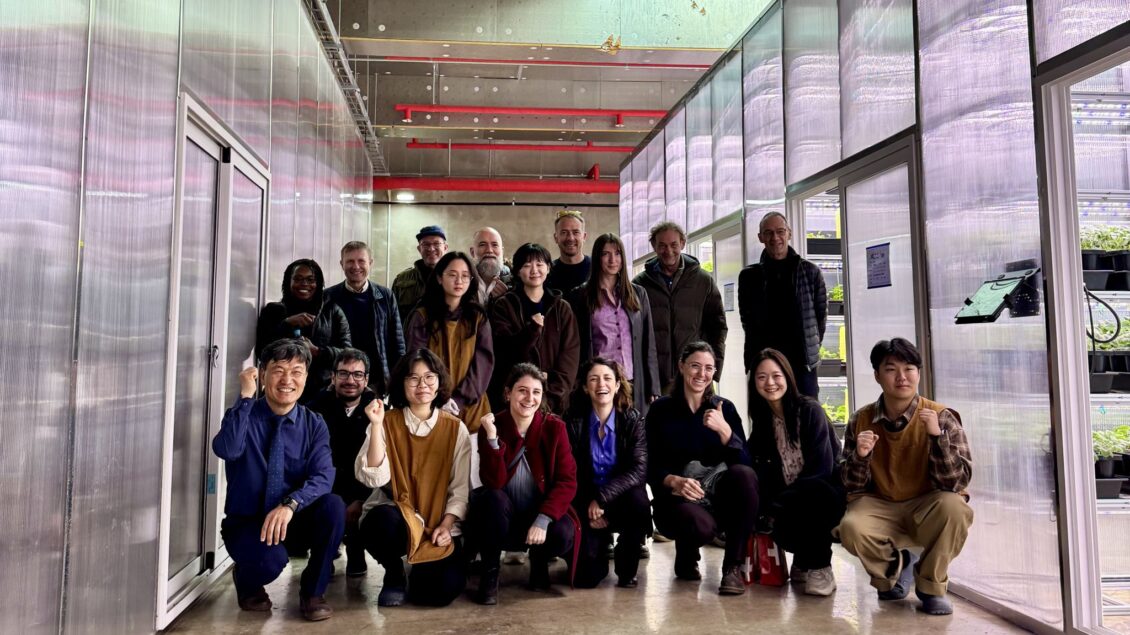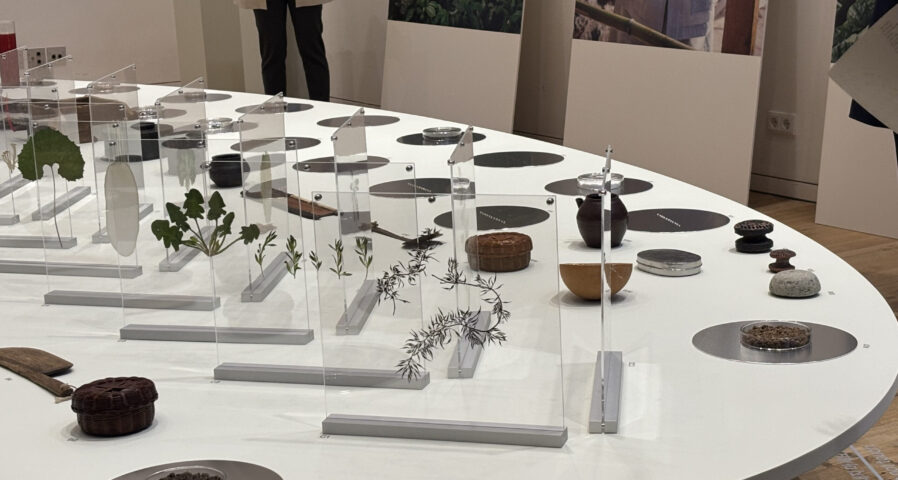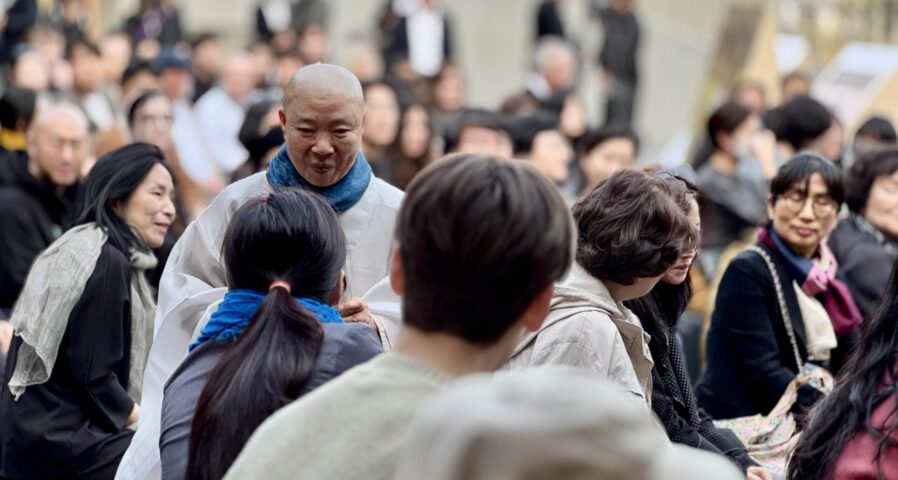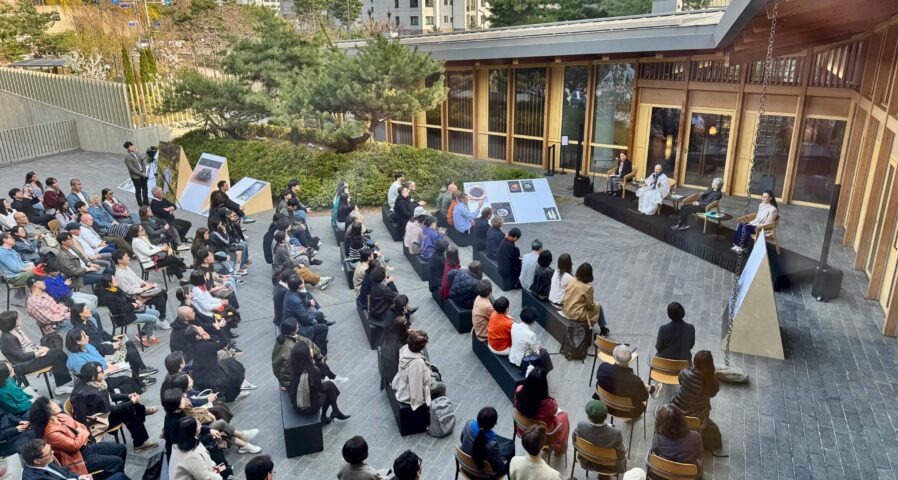In Switzerland, soil holds profound cultural and ecological importance. The country’s rich agricultural heritage underscores the close relationship between Swiss society and the land. Swiss farmers have cultivated soils for centuries, relying on sustainable practices to preserve soil fertility and productivity. Additionally, Switzerland’s mountainous terrain presents unique challenges and opportunities for soil conservation and management. Soil erosion, influenced by factors such as climate change and land use practices, remains a critical issue, highlighting the delicate balance between human activities and soil health.
Similarly, in Korea, soil is deeply intertwined with the country’s cultural heritage and economic development. Traditional agricultural practices, such as terraced rice paddies and the cultivation of staple crops like rice and barley, reflect the symbiotic relationship between Koreans and their land. However, Korea’s rapid industrialization and urbanization in recent decades have posed significant challenges to soil conservation. Urban sprawl, pollution, and intensive agriculture have led to soil degradation and loss, impacting food security and environmental sustainability.
The relationship between humans and soil is reciprocal and multifaceted. Humans depend on soil for food production, providing essential nutrients for crops and sustaining livestock. Soil also serves as a natural filter, purifying water and regulating the climate through its capacity to sequester carbon. Conversely, human activities profoundly influence soil health and composition. Deforestation, improper land management, industrial pollution, and urban development can degrade soil quality, leading to erosion, loss of biodiversity, and reduced agricultural productivity.

